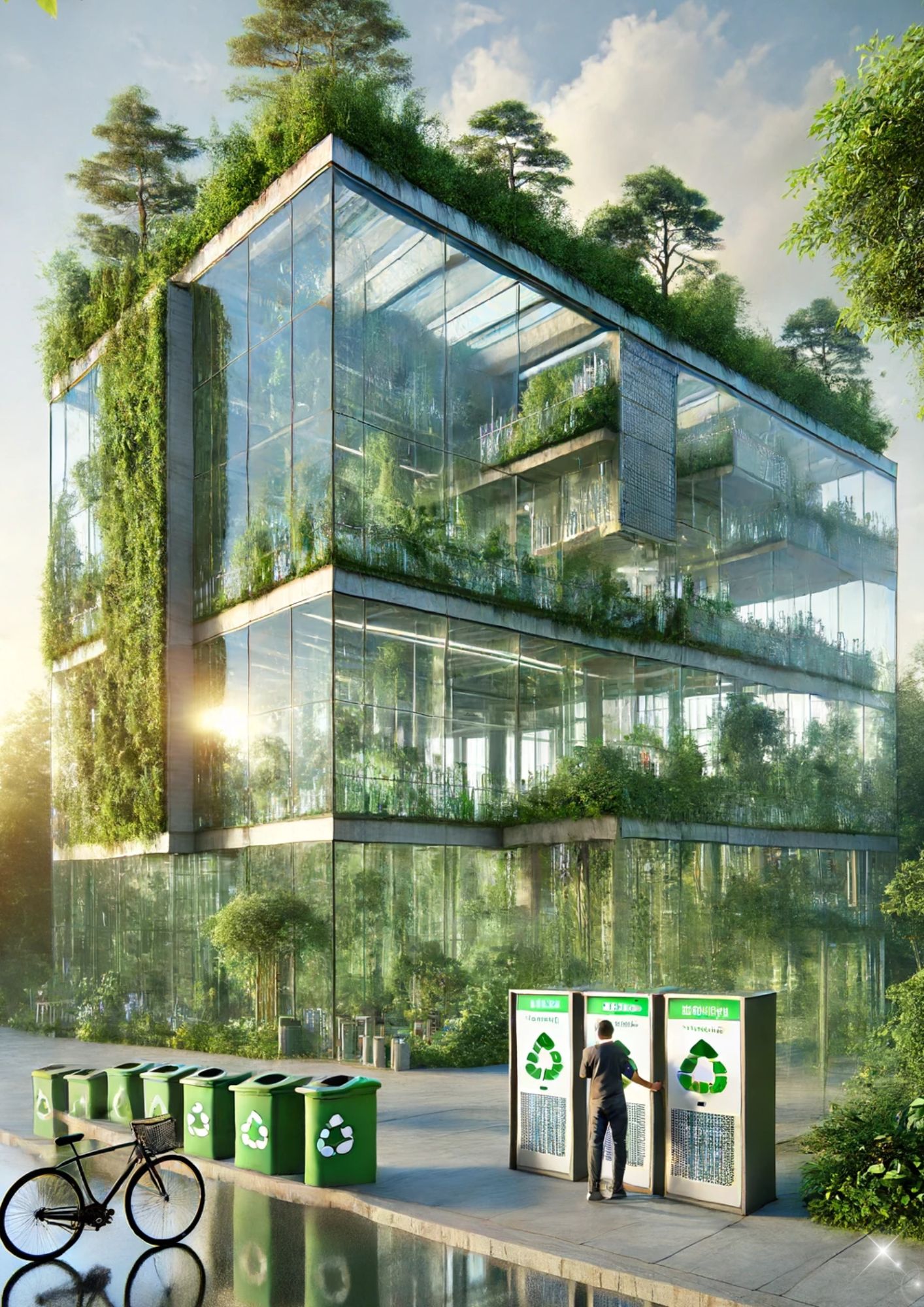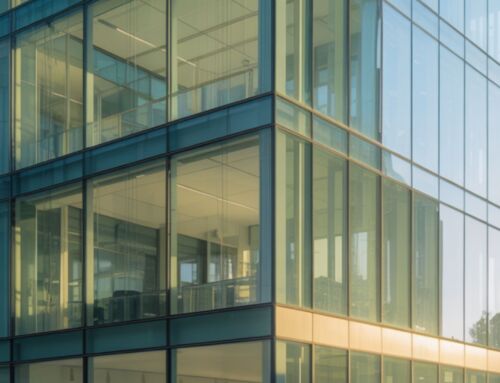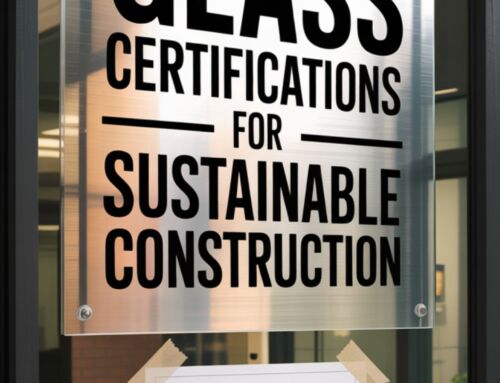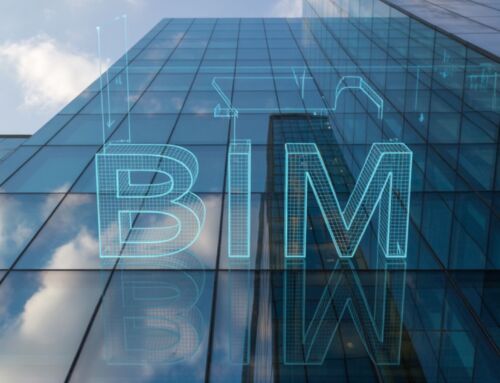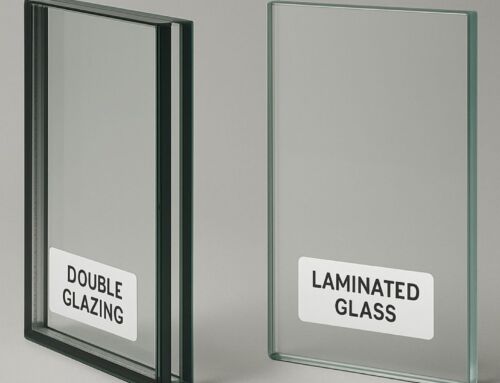Glass and environmental sustainability: glass, an ancient and versatile material, plays a pivotal role both today and in the future for its perfect alignment with eco-friendly principles. Its inherent characteristics make it an ideal choice for a world increasingly committed to environmental stewardship and sustainability.
Why is glass a sustainable material?
Glass stands out as an environmentally responsible material, offering a range of sustainable benefits that make it ideal for today’s eco-conscious world. Here’s why glass is a smart choice for both industry and the planet:
- Infinitely Recyclable: glass can be recycled endlessly without losing its original qualities. This means that a sheet of glass can be transformed into building materials, furniture components, bottles, and more, drastically reducing the need to extract new raw materials and avoiding the creation of new waste.
- Inert and Safe: glass does not release harmful substances into the environment, even when in contact with food or beverages.
- Durable and Long-Lasting: glass is a resistant and durable material, ensuring a long life for products made from it. This results in less waste and fewer replacements over time.
- Energy Saving: producing glass from recycled glass cullet requires less energy than producing glass from raw materials. This reduces greenhouse gas emissions and has a lesser environmental impact.
European laws on glass and environmental sustainability: a focus on Northern Europe
As the global push for environmental sustainability intensifies, the glass industry in Northern Europe has become a key player in the transition towards a more circular economy. Backed by a robust regulatory framework from the European Union, the glass sector in regions like the Benelux and Scandinavia is leading the way in reducing environmental impacts and embracing innovative, eco-friendly practices.
The EU’s regulatory framework: a driver of sustainability
At the heart of this transformation lies a suite of EU directives and regulations that are shaping the future of glass production, use, and recycling.
One such cornerstone is the Eco-design for Sustainable Products Regulation (ESPR), proposed by the European Commission. According to Glass for Europe, the trade association representing Europe’s flat glass sector, this regulation is crucial for the industry, which is already highly regulated and committed to contributing to the EU’s climate neutrality objective by 2050.
Waste and recycling regulations
Waste and recycling regulations also play a pivotal role in promoting glass sustainability.
The EU’s Waste Framework Directive and the Landfill Directive are key pieces of legislation in this area.
As the International Finance Corporation (IFC) notes, glass is 100% recyclable, and the recycling process saves significant amounts of energy and raw materials. In fact, using recycled glass (cullet) reduces the energy needed to produce glass by approximately 40% compared to using virgin raw materials. (See: IFC: Strengthening Sustainability in the Glass Industry).
Don’t trash glass, treasure it: turn it into a masterpiece
Discover how Vetreria Valmarecchia contributes to environmental sustainability through responsible choices and processes.
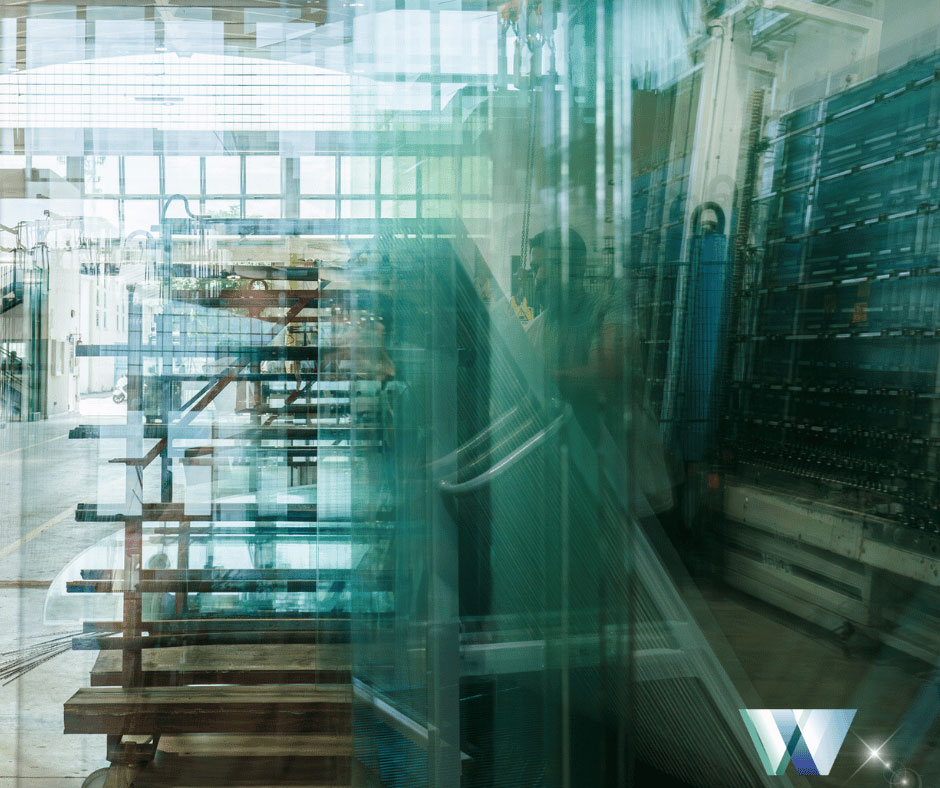
Energy efficiency in buildings
Energy efficiency in buildings is another crucial area where glass plays a vital role.
The Energy Performance of Buildings Directive requires all new buildings to be ‘nearly zero-energy buildings’ (NZEB) by the end of 2020.
Smartglass World highlights that smart glass technologies are essential in achieving these goals by better managing solar radiation and reducing HVAC costs in buildings, thus cutting carbon emissions.
How our glassworks contributes to environmental sustainability
At Nuova Vetreria Valmarecchia, environmental sustainability is a core value that guides every decision and production process. Here’s how we are committed to making a positive impact:
Let’s take a close look:
- Recycling glass waste
We recycle all glass scraps from our operations, ensuring that no material goes to waste. This practice not only reduces the need for raw materials but also minimizes the environmental footprint of our production processes.
- Partnering with sustainable suppliers
We select suppliers who share our commitment to environmental sustainability. By working with like-minded partners, we ensure that our entire supply chain is aligned with our eco-friendly values.
- Optimizing energy and resource consumption
We employ cutting-edge technologies and procedures designed to minimize energy and resource consumption during our production processes. This approach helps us reduce our carbon footprint and contribute to a more sustainable future.
Glass and environmental sustainability: embracing the future
In a world facing significant environmental challenges, glass emerges as a key material for building a more sustainable future. Its inherent eco-friendliness, combined with our responsible business choices, represents a concrete step towards a lower environmental impact and a greener future.
By choosing Nuova Vetreria Valmarecchia, you are choosing sustainability.
Our commitment to the environment is reflected in every aspect of our operations, from recycling and sustainable sourcing to energy-efficient production methods.
Join us in our mission to create a more sustainable future!
Vetreria Valmarecchia: glass offcuts from cutting benches transformed into stylish easels

